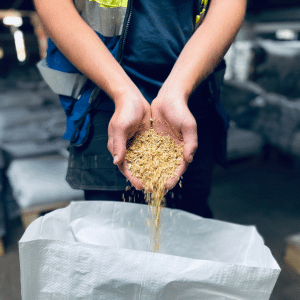This course can be run as a tailored option for those who have a number of staff who would benefit from the training or if you would like to register your own interest to attend this course on the next available date please complete the enquiry form
Benefits of Attending
Foodborne viruses are known to be a significant microbiological hazard in various food supply chains. There have been many reported outbreaks related to foods which have been contaminated by Norovirus and Hepatitis A Virus. Hepatitis E Virus is an emerging risk in the pork supply chain and is a major concern to the pork industry.
Who should attend? Technical managers; inspectors or other relevant authorities (e.g. BRC auditors and environmental health officers) who inspect fields, post-harvest processing plants, and eating facilities. Information can be disseminated to food handlers.
Course Content
The course will cover the following main points:
- the impact of foodborne viruses on the food industry
- transmission routes of viruses – how can they end up in foods?
- the incubation periods of foodborne viruses, specifically NoV, HAV and HEV including symptoms
- the potential for persistence of infectious viruses in/on contaminated foods and food production settings
risk mitigation strategies – where do viruses fit in to food safety management plans/HACCP systems? The importance of compliance with Global GAP. Monitoring and control through the whole food supply chain - information on current detection methods (ISO methodology) and post contamination control strategies (e.g. UV, chlorination, washing etc and data on surrogate studies), including what should be done in the event of a positive detection result
- things we don’t yet know – limitations and challenges in the area of foodborne viruses
Learning Outcomes
At the end of the course delegates will:
• understand the viruses which are of concern to the food industry and symptoms associated with the viruses.
• understand the impact viruses have on the food industry
• be updated on current advice on control strategies pre and post-harvest
• understand how important it is to include viruses in food safety management plans
• understand the methods available for detection of viruses
• be aware of the challenges and limitations posed by viruses in the food industry
D’Agostino Martin – Event Director
Further information
Our training team will be happy to help with any enquiry on +44(0)1386 842104 or at training@campdenbri.co.uk





